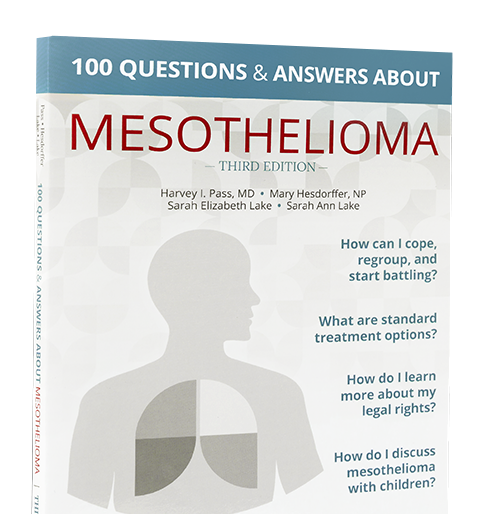Clinical Trials for Mesothelioma Treatments
Clinical trials are carefully planned where researchers develop, test, and refine treatments for patients. Researchers are creating, testing, and refining new treatments every day giving patients hope to improve their prognosis. New drugs and treatments are constantly being tested at cancer centers across the country to find more effective ways to fight mesothelioma. If you are interested in participating in a clinical trial, you should discuss this with your doctor.
Mesothelioma treatment is getting better every year and patients are living longer as a result. Patients may turn to traditional therapies, like chemotherapy and radiation, as well as clinical trials, which may lead to a cure in the future.
If you or a loved one has been diagnosed with mesothelioma, it is usually important to begin treatment as soon as possible. Speak with your doctor to understand the mesothelioma treatment options for your specific diagnosis. If you want to know what questions to ask your doctor or simply want more information about treatment options, please let us know.








